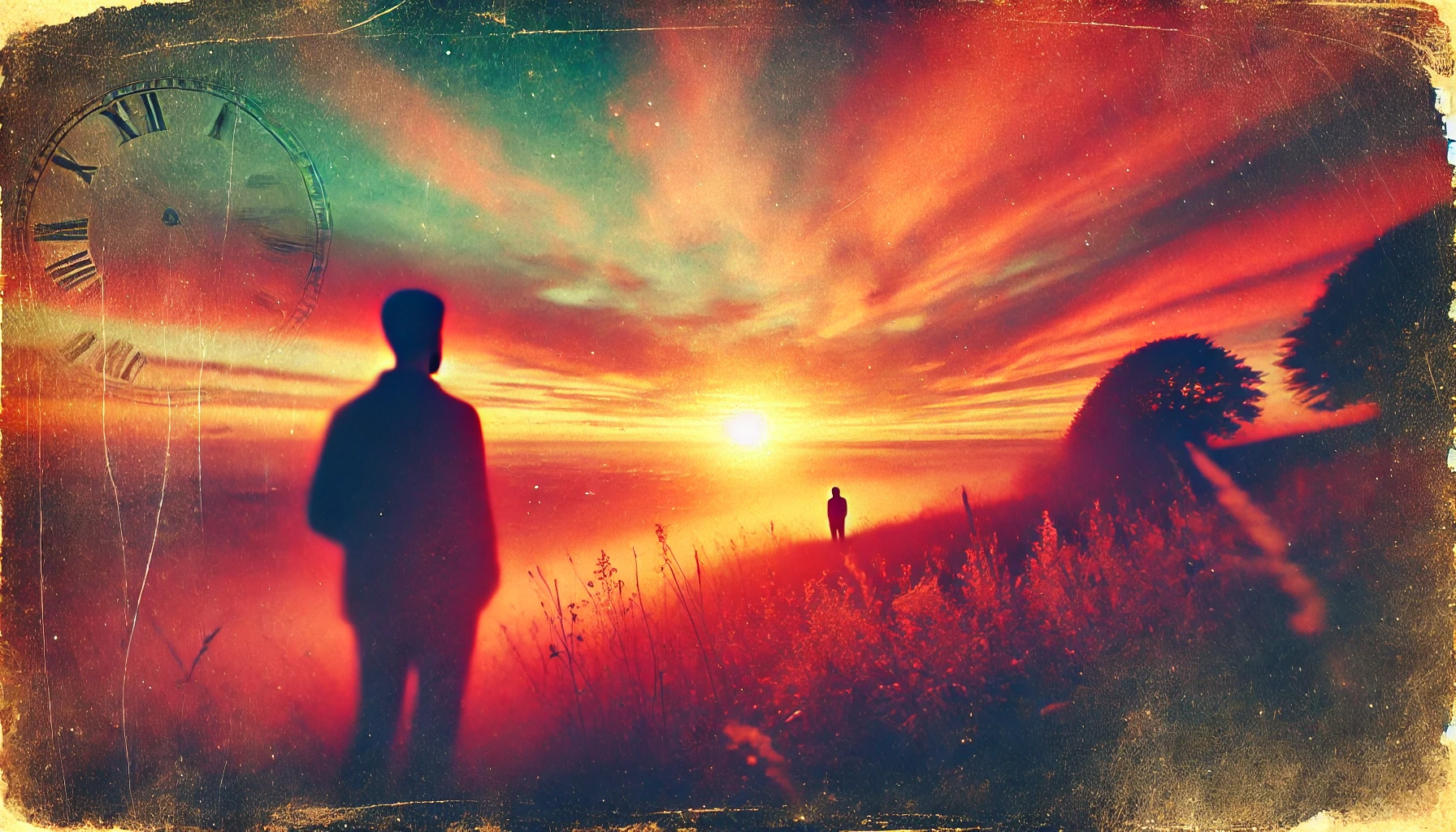Why We Romanticize the Past (And Why It Keeps Us Stuck)
Ever caught yourself thinking, “Things were better back then”?
Maybe it’s childhood summers that seemed endless, music that just felt different, or the way life seemed simpler before everything became digital, fast, and exhausting.
I do this all the time.
I think about my years in Italy—the long walks, the fresh bread from the corner bakery, the feeling of time stretching endlessly.
I remember the early days of the internet, when everything felt new, when logging off actually meant being disconnected.
And then, reality hits me: the past wasn’t actually better. It just feels that way.
The Nostalgia Filter: Why We Rewrite Our Own History
Our brains don’t store memories like a hard drive. They edit, distort, and reshape them over time. And they’re really good at two things:
Blurring the bad parts.
- We naturally forget the stress, the boredom, the awkward moments.
- The brain smooths out the rough edges, leaving behind a highlight reel.
- It’s why vacations seem perfect in hindsight—even though we spent half the time arguing over directions.
Intensifying emotions.
- Our best memories aren’t just stored; they’re amplified.
- The sunsets were warmer, the music hit harder, and even the smallest moments felt magical.
- We remember how we felt, not necessarily how things were.
This is why childhood feels dreamlike, why first loves seem impossible to recreate, and why people always say, “They don’t make movies like they used to.”
It’s not that things were better. It’s that we experienced them differently.
Why We Crave the Past (And How It Tricks Us)
So why do we keep looking back?
Because nostalgia is a safe place—one where we already know how everything turns out.
And when the present feels overwhelming? Our brains do something sneaky:
They make the past feel simpler, warmer, and more certain than it actually was.
Think about it:
- The ‘90s?
We remember the cartoons, not the dial-up internet and expensive long-distance calls. - Childhood?
We remember the carefree summers, not the school stress and wanting to grow up faster. - Early relationships?
We remember the butterflies, not the heartbreaks and confusion.
I romanticize my years in Italy. I remember the sunsets over the Adriatic Sea, the long dinners, the laughter echoing in the streets.
But I conveniently forget the struggles: the homesickness, the financial stress, the feeling of being an outsider.
My brain edited those parts out.
The Double-Edged Sword of Nostalgia
Nostalgia isn’t inherently bad. It can be beautiful, comforting, and inspiring.
But it becomes dangerous when we start believing the edited version over the real one.
When we convince ourselves that the past was better, we rob the present of its potential.
We start thinking:
- “Things will never be as good as they were.”
- “I was happier back then.”
- “The world is worse now.”
But was it really better?
Or did we just experience it differently?
So… Should We Stop Romanticizing the Past?
Not at all. Nostalgia is a tool, not a trap—if we use it the right way.
Here’s how I see it now:
Instead of chasing the past, I use it as a guide.
- What made those times feel special?
- Was it the slower pace? The deep conversations? The sense of adventure?
- Maybe I need more of that in my life today.
Instead of seeing the past as “better,” I see it as a different chapter.
- Every stage of life has its own kind of magic—I just have to notice it.
- If childhood was about wonder and discovery, maybe adulthood is about creation and purpose.
Instead of comparing, I create.
- The past didn’t have some secret ingredient that’s missing today.
- The magic isn’t gone—it’s just waiting for me to make it again.
The Takeaway
Nostalgia isn’t a doorway back in time. It’s a mirror—one that shows us what we love, what we miss, and what we need to bring into the present.
It’s a reminder that the magic we felt back then didn’t come from the world being better.
It came from how we experienced it.
We were present. We were curious. We were open to wonder.
So next time you find yourself saying, “Things were better back then”, stop and ask:
Or maybe… I was just better at living in the moment?
Maybe the problem isn’t with today. Maybe it’s with how distracted, rushed, and stressed we’ve become.
Maybe the best days aren’t behind us.
Maybe they’re just waiting to be noticed.
